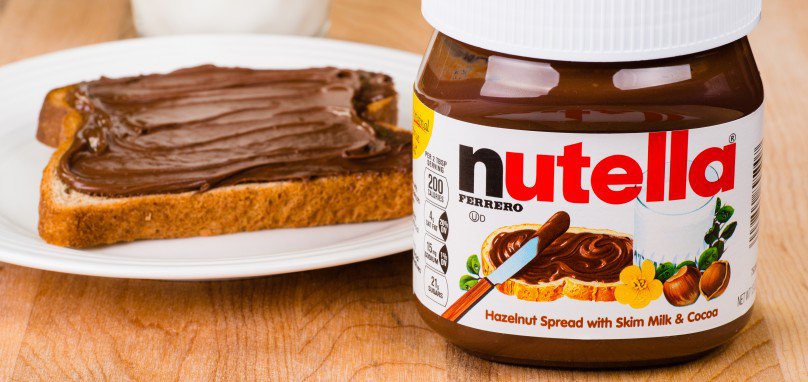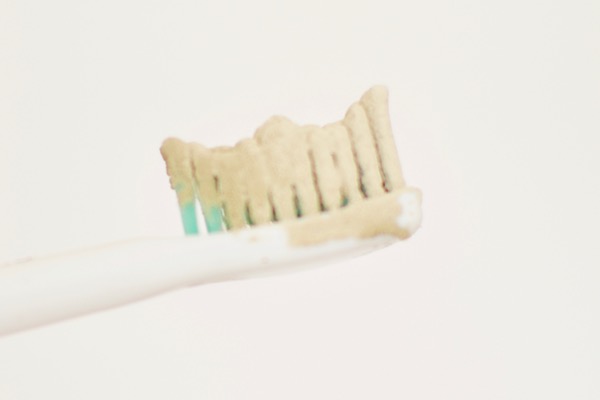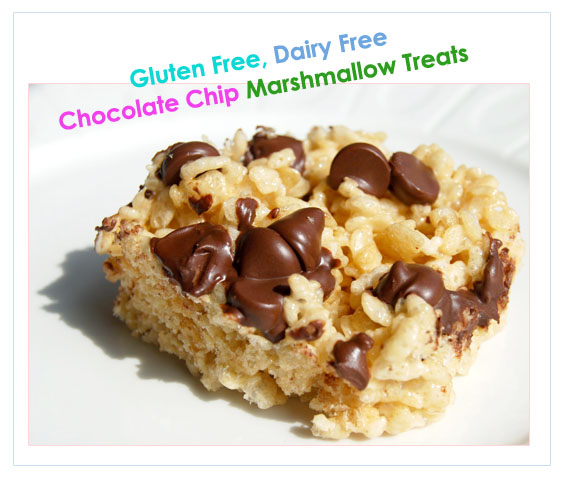Does palm oil cause cancer? It’s in your favorite foods.
Palm oil is in a lot of your favorite foods and you may not even realize it. You’ll find it in ice cream and chocolate, delicious biscuits and Cheez-Its, and it’s the primary ingredient in many margarines. Given its smooth, creamy texture, it’s also used for a wide range of baked goods like cakes and cookies. It’s one of the main ingredients in Nutella, the chocolatey spread the whole world seems to be obsessed with.
According to a Reuters article, Nutella has come under heavy fire due to its use of palm oil. The European Food and Safety Authority has discovered that palm oil may contain carcinogens. Now, before you start freaking out that you can’t eat Nutella and Cheez-Its anymore, let’s explain WHY palm oil is under scrutiny from the EFSA.
Palm oil is an oil, which means it contains a wide variety of lipids (fat). When those lipids are subjected to heat, they can change from solid to liquid form (like how coconut butter becomes coconut oil when it’s stored at room temperature). However, if too much heat is applied, those lipids may actually burn. The burning of those lipids can lead to the production of chemicals that may be carcinogenic. It’s why so many people warn you against allowing your oil to smoke. Once you pass the smoke point of the oil, that’s when it can become carcinogenic.
The EFSA found that heating palm oil to 200 degrees C (or 392 degrees F) can cause the release of carcinogens. Or, as the article states, “potentially carcinogenic contaminant”, which may be a “potential health concern”.’
The EFSA is responsible for protecting the European public from health threats via their food, so it’s no surprise that they are warning people to be cautious about the palm oil in Cheez-Its, Nutella, and other foods. However, they are no in way telling people to STOP eating these products.

READ MORE: 16 Ways to Use Solid Oil
The truth is that the EFSA has no way of telling just how much of the contaminant is produced. Nor can they figure out how much each person is ingesting. The fact that the contaminant is carcinogenic remains true, but the EFSA isn’t able to regulate the food because they don’t know how much of these contaminants are formed.
The EFSA hasn’t tried to ban palm oil from food. The truth is that the average European eats A LOT of palm oil—roughly 6% of the average French person’s fat consumption is in the form of palm oil. Europe is the primary consumer of palm oil, as it’s a product that can be used in many, many foods. But the EFSA is warning consumers to be careful of products like Nutella or Cheez-Its that contain palm oil.
The good news: Nutella isn’t a risky food! During the process of making the Nutella, the palm oil is never heated above the 200-degree (Celsius) threshold. This means that it never passes its smoke point, so there is very little risk of it becoming carcinogenic. You can eat all the Nutella you want without worrying about eating contaminants (though you’ll still be eating A LOT of sugar and fat). So, yay for that, right? Don’t even think about cooking your Nutella, though. And yeah, that means baked Nutella treats may actually pose a more serious risk than eating it straight from the jar.
However, the EFSA discovery on palm oil is another sobering reminder that we need to make smart food choices. Foods with high oil content can be dangerous, especially if that oil is heated too high. It’s recommended to AVOID most processed foods that contain palm oil, as they tend to be high in calories and low in nutrition. If you stick with a healthy diet—heavy on raw foods, lean proteins, and whole grains—you have very little to worry about.
Love this article? For more beauty, style, travel, and trending topics check out The Luxury Spot on Facebook. Like us and we’ll love you back!









